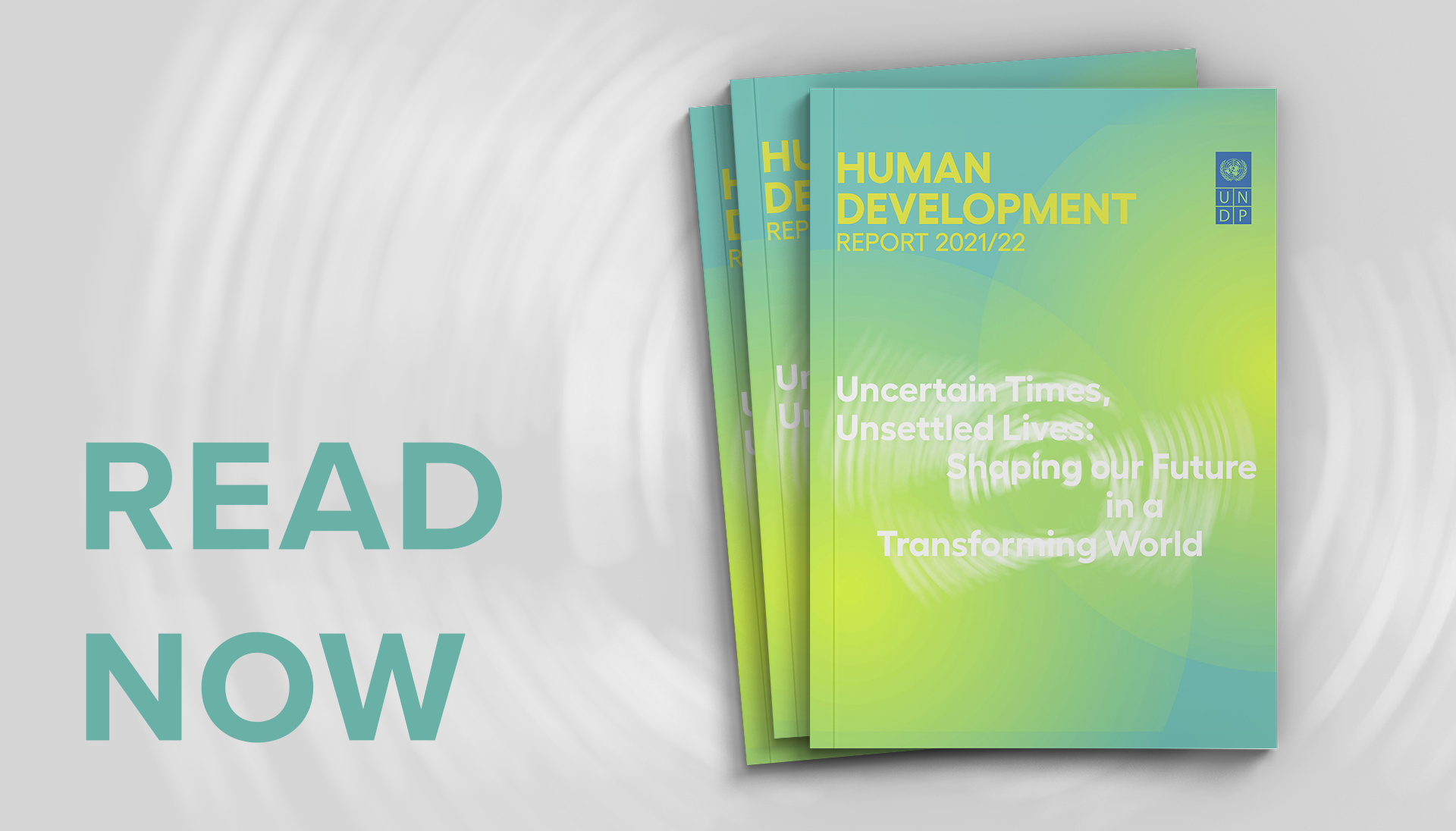UNDP Human Development Report 2021/2022
Crises halt progress, Montenegro among countries with very high development
September 8, 2022

New York/Podgorica, Setember 8, 2022 – According to the latest Human Development Report, published today by the United Nations Development Programme (UNDP), Montenegro maintains its position among the category of countries with very high human development, for the sixth year in a row.
The Human Development Index (HDI) is a summary measure for assessing long-term progress in three basic dimensions of human development: a long and healthy life, access to knowledge and a decent standard of living. With the HDI value of 0.832, Montenegro ranks 49th out of 189 countries and territories.
The top of the ladder is held by Switzerland, while the top ten include: Norway, Island, Hong Kong (China), Australia, Denmark, Sweden, Ireland, Germany and Netherlands. On the other hand, the lowest HDI scores were recorded in South Sudan, Chad and Niger.
Out of the Western Balkan countries in this category, apart from Montenegro there is Slovenia (23th) Croatia (40th). and Serbia (63rd). All other countries of the region are in the high human development category: Albania (67th), Bosnia and Herzegovina (74th), North Macedonia (78th).
Between 2003 and 2021, the HDI value in Montenegro has been increased from 0.756 to 0.832, which represents a jump of 10.1%. According to the latest HDR, life expectancy in Montenegro is 76.3, which is 2.3 years more than in 2003. Citizens of Montenegro have an average of 12.2 years of education, or 1.7 years more than in 2003, while compared to that year, the gross national income per capita (GNI - purchasing power parity expressed in US dollars) in 2021 was increased by about 52.1% and amounts to 20,839.
The latest Human Development Report Uncertain Times, Unsettled Lives: Shaping our Future in a Transforming World, released today by UNDP, states that the HDI is in decline globally for the first time in the 32 years. The reversal is almost universal as in more than 90% of countries HDI is in decline for 2020 or 2021, and for both years in more than 40% of countries. This is a clear signal that for many the crisis is still deepening. After the drop in HDI for Montenegro in 2020 compared to 2019, the HDI for 2021 is on the rise and amounts to 0.832.
Daniela Gasparikova, UNDP Resident Representative for Montenegro, reminded that the global turmoil has led to unprecedented reversals in the human development progress.
“The pandemic – compounded by inequalities, climate shocks, the war in Ukraine, political and economic instability – has emphasized inequalities and threatens to reverse the human development achieved so far. However, the uncertainty could become an opportunity for us all to work together to build a resilient society that will be ready for potential crises and challenges, using the potential of the entire society – both women and men alike. Following the expected drop during the pandemic when it comes to HDI, Montenegro marks growth and remains in the category of very highly developed countries. Now, we need policies that are focused on green investments, security, social protection, innovation in all areas. but also on eliminating prejudices and harmful social norms”, Gaparikova said.
While the status of women's rights reflects the essential civilizational progress of a society and gender differences are among deepest forms of inequality, the balance of progress in human development between men and women is measured by the Gender Development Index (GDI) and the Gender Inequality Index (GII).
The GDI represents the ratio between female and male HDI, and measures gender differences in three basic dimensions of human development. The value of female HDI for 2021 for Montenegro is 0.823 compared to 0.840, the value of HDI for men. This results in a GDI value of 0.981, which places Montenegro in the first group, i.e. countries with high development.
Regarding the value of the GII, which measures gender inequalities in three dimensions (reproductive health, empowerment and participation in the labor market), Montenegro is in 32nd place out of 170 countries in 2021. Nevertheless, only 24.7% of parliamentary seats are held by women, 92.3% of adult women have of adult women have reached at least the secondary education compared to 99.2% of men. The adolescent birth rate is 10.4 births per 1,000 women aged 15-19. Female participation in the labour market is 47.8%, compared to 62% for men.
The inequality-adjusted HDI (IHDI) takes into account inequalities in all three HDI dimensions by “discounting” the average value of each measure according to its level of inequality. The "loss" in human development due to inequality is represented by the difference between HDI and IHDI and amounts to 9.1%.
“The world is scrambling to respond to back-to-back crises. We have seen with the cost of living and energy crises that, while it is tempting to focus on quick fixes like subsidizing fossil fuels, immediate relief tactics are delaying the long-term systemic changes we must make,” says Achim Steiner, UNDP Administrator. “We are collectively paralyzed in making these changes. In a world defined by uncertainty, we need a renewed sense of global solidarity to tackle our interconnected, common challenges.”
Human Development Report is available here.
Global press release is available here.

 Locations
Locations


